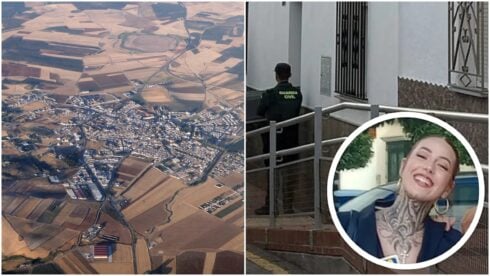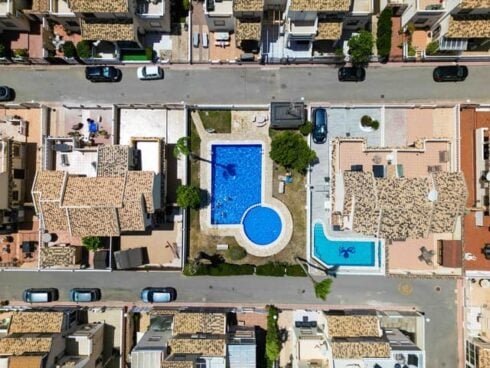SPAIN’S most important national park is finally getting the cash to tackle its depleted water resources.
Doñana National Park – one of Europe’s last great wetlands – will have money pumped in to save it from drying up.
After years of hand-wringing and empty promises, central government and the Junta have finally agreed to rescue the critically endangered aquifer beneath the park.
Under the so-called ‘Agreement for Doñana’, Madrid approved the first €28.5m to pay off farmers willing to ditch their water-guzzling crops.
The plan will see 400 hectares of thirsty farmland taken out of production to return to nature. Working out at €70,000 per hectare, paid over 10 years.
Once a lush haven for migratory birds, lynx and wetlands bursting with life, the water table has been slowly drying out – parched by rogue wells and illegal berry farms tapping into its veins.
The berry boom in Huelva province – famous for strawberries and other ‘red gold’ – has come at a heavy cost.
Each hectare slurps an alarming 5.7 million litres of water per season, sucked straight from the aquifer.

Now, after years of looking the other way, the authorities have shut hundreds of illegal wells and are offering farmers a way out.
Andalucia’s regional government is sweetening the deal with another €20,000 per hectare, while Huelva’s local council is chipping in €10,000 more.
That brings the total to €100,000 per hectare for those willing to walk away.
In total, some €1.4 billion is being thrown at the problem by 2027 – split more or less evenly. The aim is to restore the aquifer, stop the illegal water grabs, and rewild what was once Europe’s crown jewel of biodiversity.
READ MORE:
- FURRY SUCCESS: Another litter of vulnerable Iberian Lynx cubs born in Spain’s Doñana National Park
- Exclusive: Vital lake in Andalucia’s Doñana nature reserve dries up for the third year in a row as experts brand situation ‘extremely worrying’
- Experts warn Doñana rainfall may not be enough to sustain the park through ever rising temperatures.
The Environment Minister, Sara Aagesen, has promised there’ll be as many grants as it takes.
Even ‘legal’ farms can cash in – if they agree to renaturalise their land, swapping crops for native trees and wild flora for the next 30 years.
Recent rainfall has offered a temporary reprieve – staving off the usual summer desiccation.
Work is already underway to restore El Partido stream and other key waterways that feed the marshes. One site – Los Mimbrales – is being held up as a blueprint for the park’s future.
Click here to read more Green News from The Olive Press.








